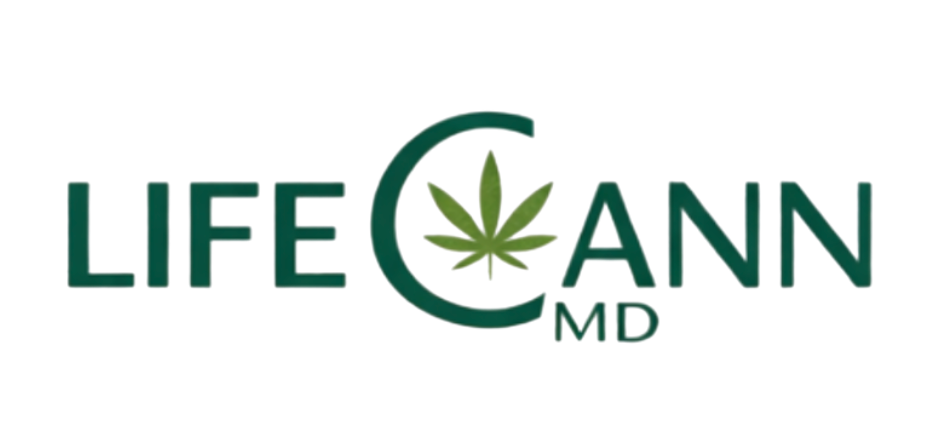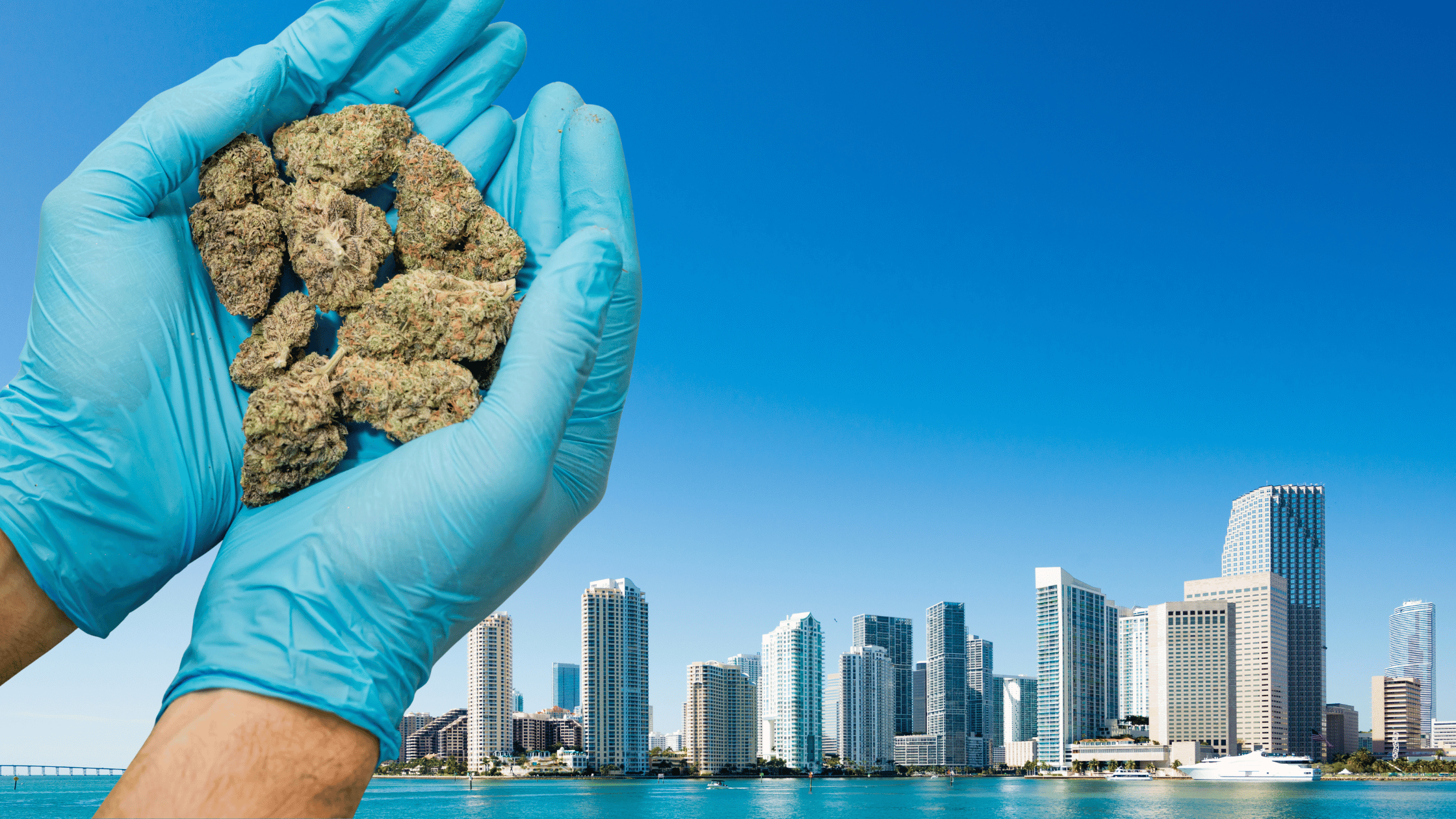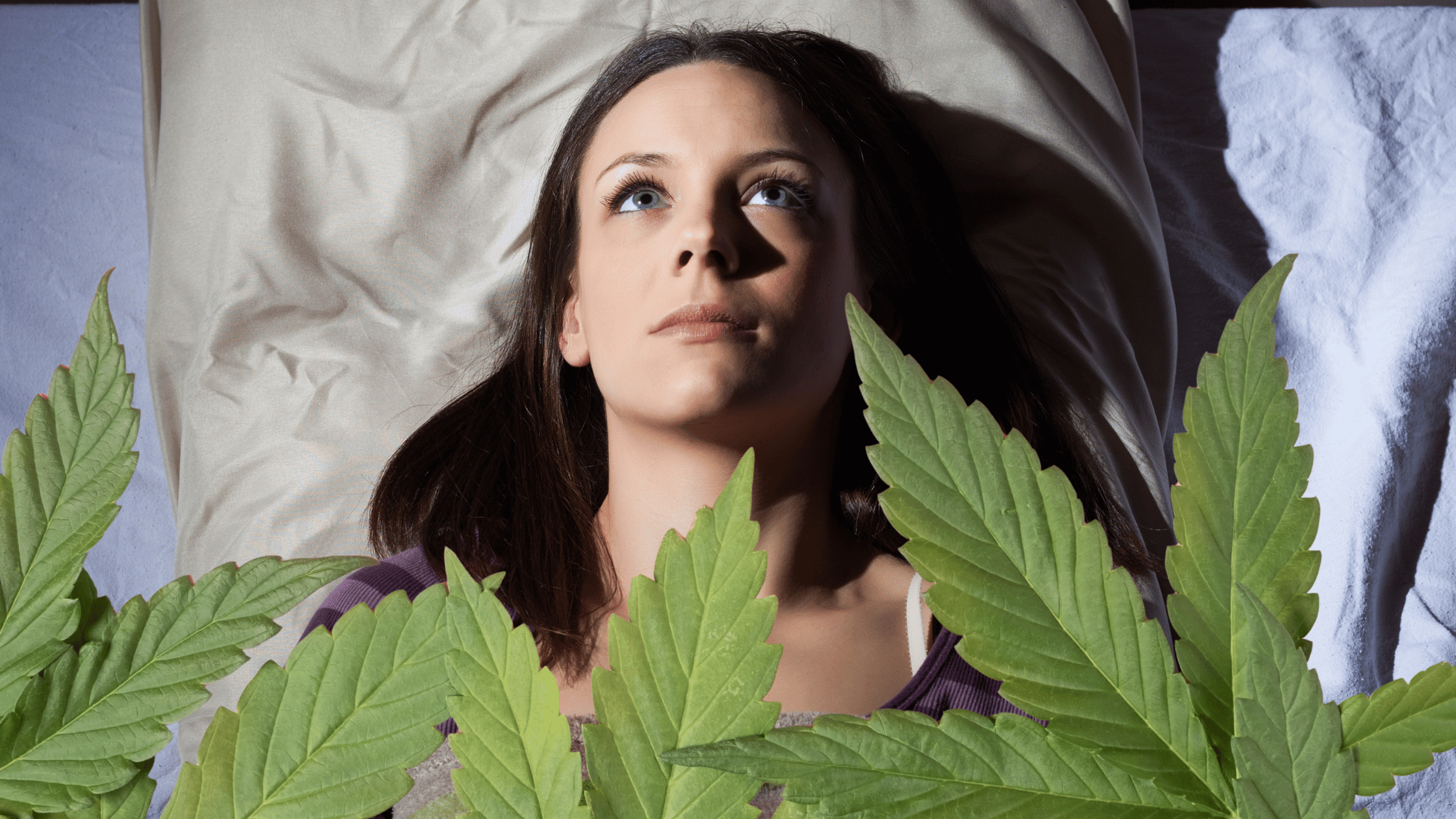
PTSD known as Post Traumatic Stress Disorder is mostly associated with soldiers and combatants returning from places of conflict. However, there are many other known triggers of PTSD other than combat exposure including traumatic events that may or may not have happened to a patient recently.
Some known causes may include:
- PTSD from Covid-19 or quarantine
- Military service and/or war
- Childhood mental, physical or sexual abuse
- Physical, emotional and/or sexual assault
- Mugging or robbery
- Being threatened by a deadly weapon
- Natural disasters
- Fire or Building collapse
- Life-threatening medical diagnosis or condition
- Terrorist attack
- Any extreme event involving actual or threatened death
This chronic psychiatric disorder that can occur due to any traumatic event – including a global pandemic. Following the 2003 SARS outbreak, symptoms of PTSD emerged in both healthcare workers and those who were under quarantine.
The recent COVID-19 global health emergency has resulted not only in physical health concerns, but psychological ramification as people were exposed to unexpected deaths, the threat of death, were forced to live solitary in times of lockdowns or for healthcare workers, the increase in witnessing grave illness, deaths, and supply shortages while trying to keep their families safe. Additionally, patients who were admitted to the hospital with COVID-19 were also forced to endure social isolation along with their fear for survival.
This is a perfect storm for patients to develop PTSD. Recently, there was a study that identified factors associated with clinical levels of depression, anxiety, and PTSD symptoms in young adults in particular. According to the study, “high loneliness and low distress tolerance levels were consistently associated with high levels of depression, anxiety, and PTSD. High levels of resilience were associated with low anxiety.”
Symptoms of PTSD can cause significant problems in both social and work situations as well as interfering with a patients’ ability to go about their normal daily routine. Symptoms usually consist of four types: intrusive memories, avoidance, negative changes in thinking or mood, as well as changes in physical and emotional reactions. These vary from person to person.
PTSD can also increase the risk of other mental health conditions such as depression and anxiety, substance abuse, eating disorders, and even suicidal tendencies.
Medical marijuana may help with the improvement of symptoms of PTSD and has been listed as a qualifying condition for medical use of smokable marijuana in the state of Florida.
CBD and THC, the cannabinoids present in marijuana, influence the body’s own endocannabinoid system which plays an essential role in maintaining homeostasis.
A 2015 study authored by Stephanie Yarnell MD, Ph.D. evaluated a collection of control and observational studies for evidence of cannabis as a method to treat PTSD, and concluded that many of them were able to suggest a decrease in PTSD symptoms with marijuana use. Patients saw a 75% reduction in PTSD symptoms when using cannabinoids.
More recently, a study from researchers at Brazil’s Federal University of Parana, suggests that marijuana’s cannabinoids could help extinguish the intensity associated with memories of PTSD trauma. Cannabis stimulates CB1 – a receptor in the endocannabinoid system that studies show has improved extinction learning in animals. PTSD sufferers present with impaired functioning of their endocannabinoid system. Low doses THC or THC combined with CBD enhanced the extinction rate for traumatic memories, resulting in reduced anxiety.
Medical Marijuana laws in Florida are designed with the patient’s health in mind. PTSD, anxiety and depression are all qualifications that determine eligibility into the program. Patients of LifeCannMD in Miami have seen positive results with prescription marijuana in treating PTSD.
As a certified cannabis doctor, Dr. Fandino-Sende is uniquely qualified to make professional recommendations enabling the receipt of a medical marijuana card in Florida in just three easy steps. At LifeCannMD no-risk consultations and evaluations are available for patients who may qualify for medical marijuana due to PTSD.
The team at LifecannMD will listen to a patient’s circumstance during the initial no-risk, no-commitment medical marijuana consultation. If the individual is recognized as a qualifying candidate, the next step is getting the official medical recommendation from Dr. Sende, himself. This may be done in person at LifeCann’s conveniently located Miami office.
Offering superior and professional customer service, Florida’s top-rated medical marijuana referral clinic has served over 3,000 satisfied patients. Their caring expertise and knowledgeable recommendations have helped a number of patients suffering with PTSD and associated conditions. Patients of Dr. Fernando Fandiño-Sende at LifeCannMD are able to discover wellness and relief from these qualifying conditions.
For more information, please visit www.lifecannmd.com, email health@lifecannmd.com or call (833) 543-3226.


